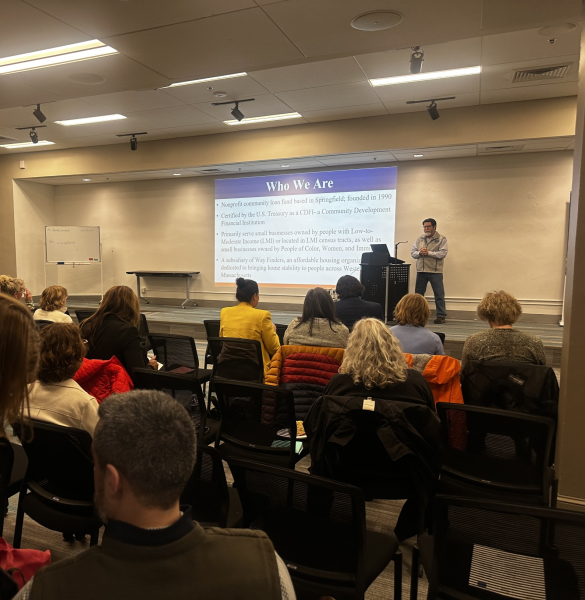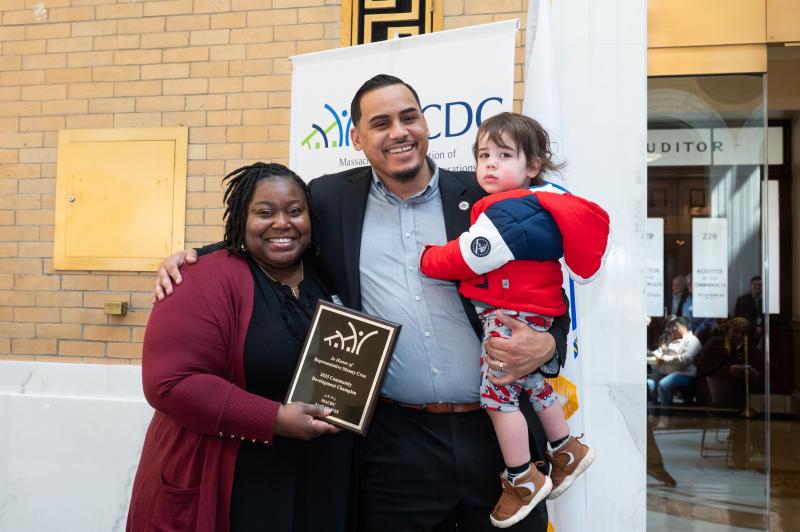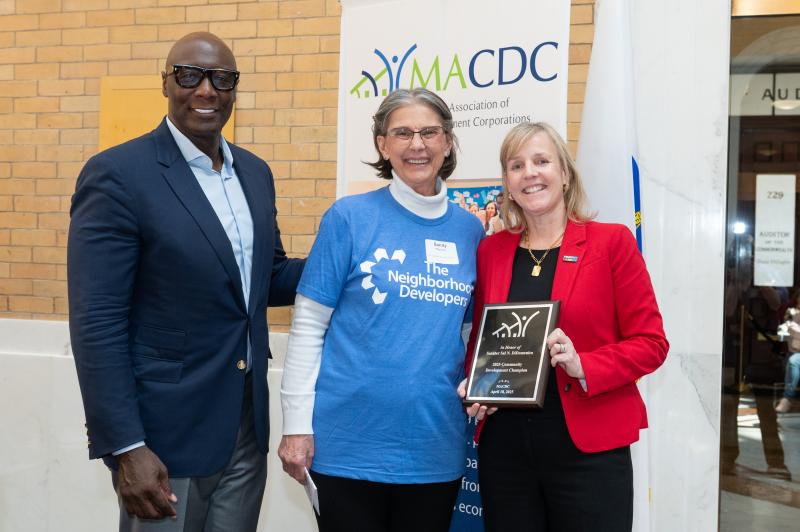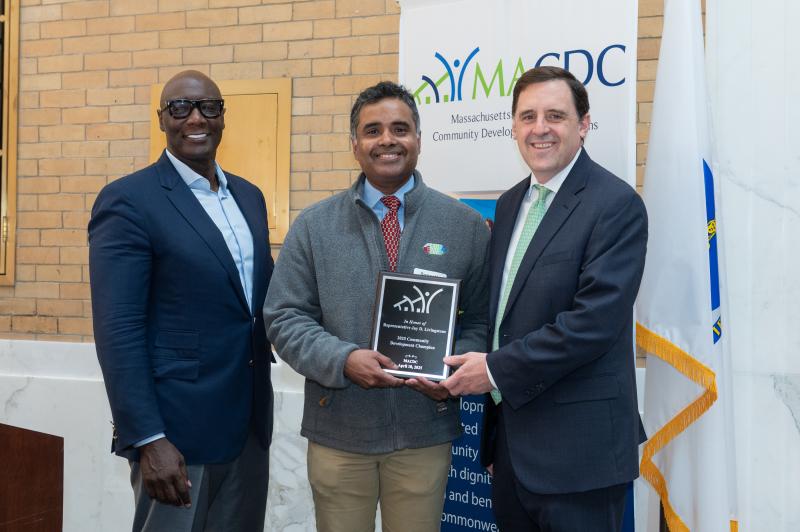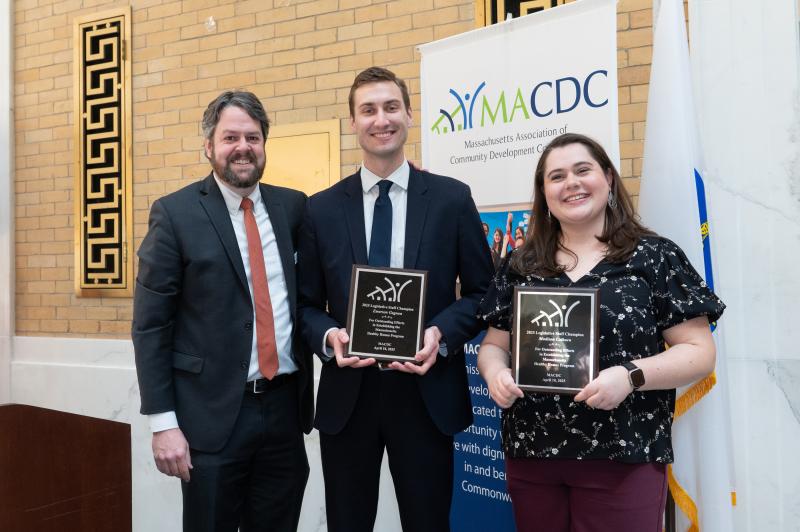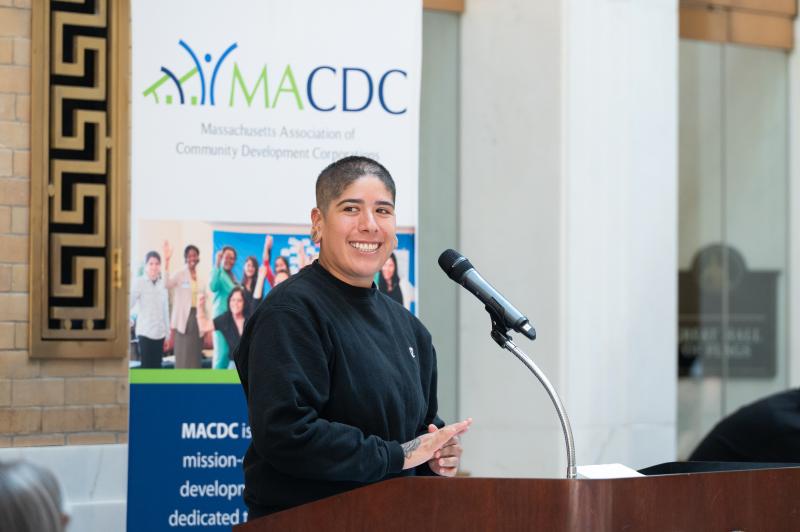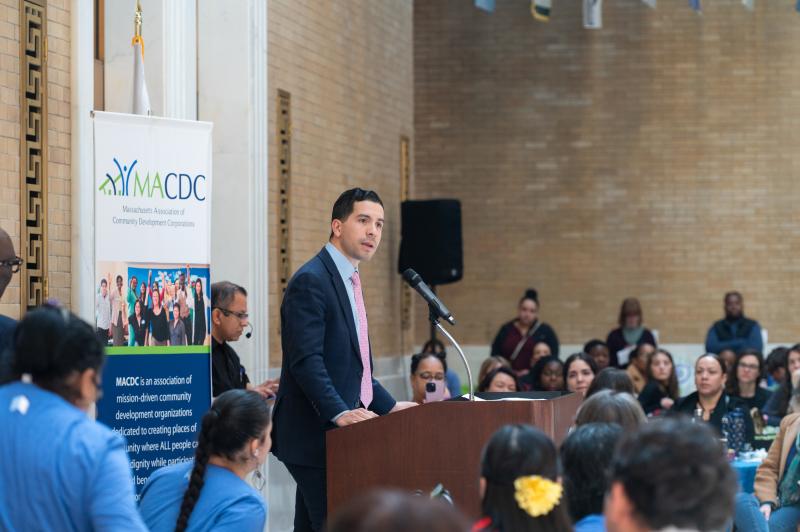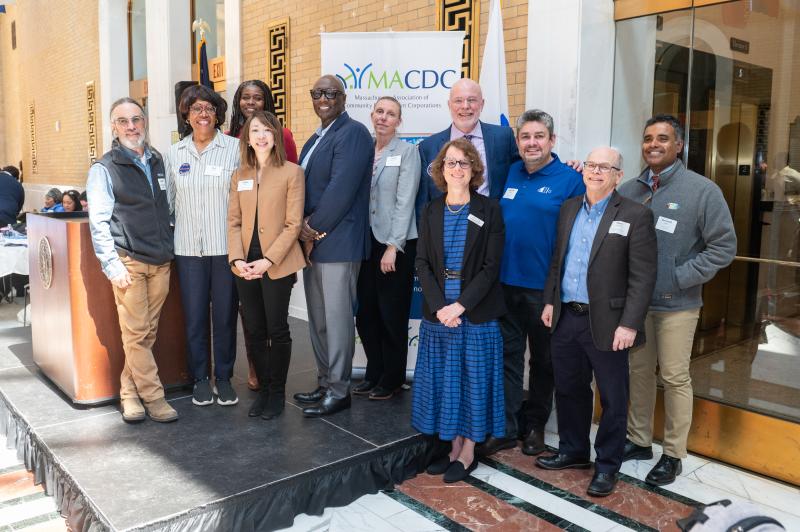Join The Mel King Institute and Our Partners for Fundamentals of the Opportunity Finance Industry
Please note: this course is for MassDevelopment Grantees Only.
Opportunity Finance Network and the UNH Carsey School Center for Impact Finance have partnered to bring to you the Fundamentals of the Opportunity Finance Industry certificate course. This three-week course will take you through three modules focused on the following topics:
- History, Context and Current Status of the CDFI Field
- Financial Analysis of CDFIs and CDFI Loans
- Impact Measurement and Public Policy
Live virtual classes, readings, guest speakers, and assignments will develop your knowledge and capacity of community development finance to productively contribute to expanding your organizations' capacity and impact.
Joint Committee on Community Development and Small Businesses Hearing
On Tuesday May 27th, Yari DeJesus, Director of Economic Development at MACDC, and Kim Lyle, CEO of Dorchester Bay Economic Development Corporation and Chair of MACDC’s Board of Directors, participated in an Informational Hearing held by the Joint Committee on Community Development and Small Businesses. They shared pressing challenges facing small business owners in the Commonwealth, including those served by Dorchester Bay, particularly around social, economic, and environmental barriers to growth. They emphasized the importance of increased support for Community Development Financial Institutions (CDFIs), especially in light of potential reductions to the federal CDFI Fund, and called for sustained investments in the small business technical assistance program that help entrepreneurs navigate administrative and financial hurdles. They also highlighted the critical role of microlending in expanding access to capital for underserved entrepreneurs, particularly for small-dollar loans used for working capital, inventory, equipment, or startup costs. The testimony offered both a sobering look at current challenges and practical recommendations to strengthen the Commonwealth’s small business ecosystem.
| Kimberly Lyle, CEO, Dorchester Bay | Yari DeJesus, Director of Economic Development, MACDC |










